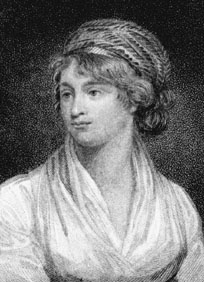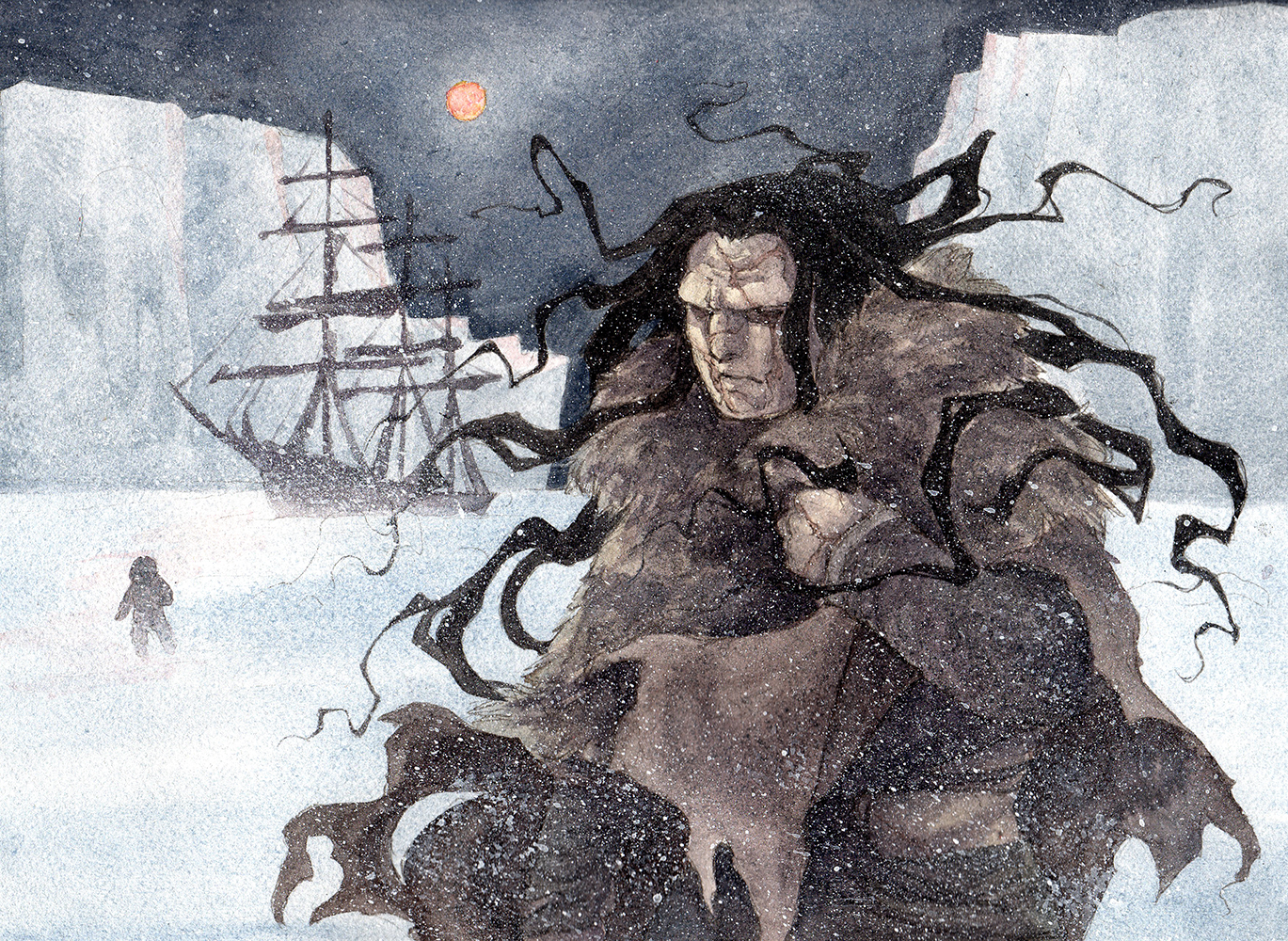
Frankenstein: Myths, Monsters, and Modern Science: Social & Cultural Themes
What is a Monster?

Quote from Frankenstein which demonstrates the Monster's capacity for both Good and Evil.
The definition of "Evil" or "Monster" is subjective and may change over time or when viewed through the perspective of personal motivations, cultural backgrounds, or historical world events. Though many scholars have attempted to label these characters in sociological terms, neither Dr. Frankenstein nor the Monster can be definitively called good or evil. Below is a list of articles that discuss the novel's cultural and societal themes, and how they may help to define these characters.
-
Addiction and Isolation in Frankenstein: A Case of Terminal UniquenessRelates the isolation experienced by the characters discussed to romantic addiction.
-
Victor and VictimConsiders the narcissism of Victor Frankenstein, and the consequences that result from his behavior.
-
Monstrosity, Suffering, Subjectivity, and Sympathetic Community in "Frankenstein" and "The Structure of Torture."Details the monster's failed attempts to become a part of society.
Feminist Themes

Mary Wollstonecraft (John Opie c. 1797)
Mary Shelley's mother, Mary Wollstonecraft (pictured above), was one of the earliest feminists. She is most remembered for writing A Vindication of the Rights of Woman, which is one of the first books on feminist philosophy. She advocated for women to get an education, to marry whom they choose, and to resist the men that tried to oppress them. Wollstonecraft's advocacy for women's rights influenced many other women, including her daughter Mary Shelley, who would eventually write Frankenstein, which contains many feminist themes. Below is a list of articles which highlight the feminist perspective in the novel.
-
Home is Where Mamma Is: Reframing the Science Question in FrankensteinFocuses on how the novel possibly aims to subvert gender hierarchies inherent in the study of modern science.
-
The Monster in a Dark Room: Frankenstein, Feminism, and PhilosophyArgues that Shelley's novel can be interpreted with a more intellectual feminist perspective.
Emotional Support and Isolation

Both Dr. Frankenstein and the Creature were driven into isolation, and forced to deal with their problems alone. The following articles examine the isolation experienced by the characters throughout the novel, and how they coped with their solitude.
-
Novelistic Sympathy in Mary Shelley's FrankensteinConsiders that the novel's lack of sympathy makes the meaning of the story more significant.
-
Teaching the Monster: Frankenstein and Critical ThinkingArgues for a more sympathetic view of the Creature.
Please CONTACT US if you have questions.